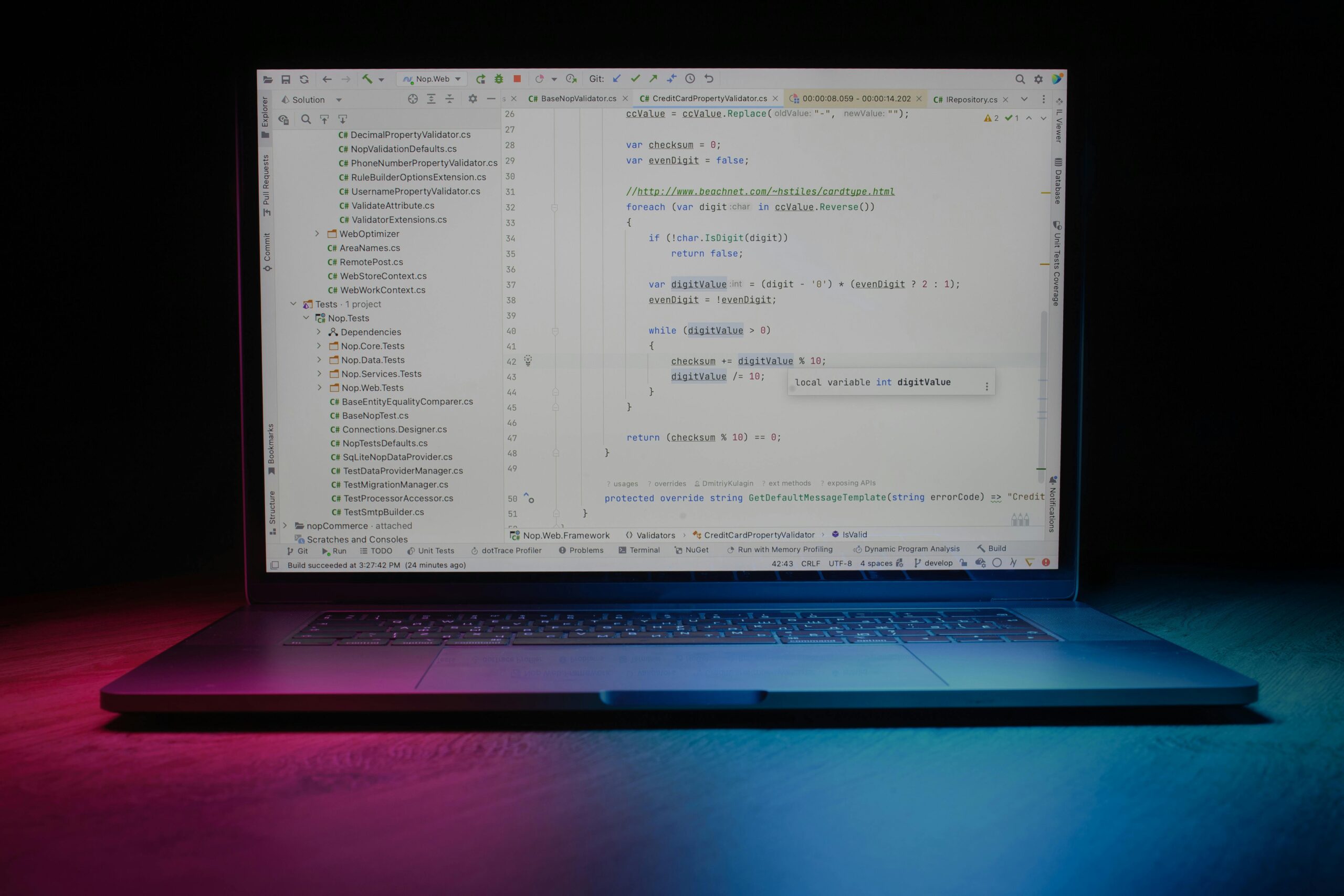 The dealmaking world saw a brutal slowdown in April...
The dealmaking world saw a brutal slowdown in April...
Only 555 merger and acquisition (M&A) contracts were signed in the U.S. that month. That's the lowest monthly total since May 2009 – during the Great Recession. Worldwide deal volume sank to its lowest level in more than two decades. The last time it was this quiet was February 2005.
Like many of the biggest market moves lately, the slowdown was thanks to tariffs.
President Donald Trump's April 2 "Liberation Day" tariff announcement set off a chain reaction. Investors panicked, pushing down stocks... and companies paused future plans until they could work out how tariffs might hurt them.
That meant any would-be mergers or big transactions essentially stopped. Companies like banking upstart Chime and ticket platform StubHub also yanked initial public offering plans.
This might all sound like bad news...
 But big deals were put on hold, not outright canceled...
But big deals were put on hold, not outright canceled...
Advisers from investment banks like Truist and Citibank are telling their clients to wait to pursue deals until they know how tariffs will change their businesses.
In other words, as the tariff picture becomes clearer, dealmaking could rebound fast.
And M&A deals are already showing signs of stabilizing.
Financial payment technology giant Global Payments (GPN) announced a massive $24 billion deal just a few weeks after Liberation Day.
Because of the slowdown, that deal alone represented about 10% of global M&A value for April. That helped buoy a month otherwise defined by fear.
And by May, things already started to look better in the market.
In the first full week of May, companies inked 582 M&A deals, including 3G Capital's $9 billion deal for Skechers (SKX), which we covered here.
That's as many deals as in all of April. It's a sign that the slowdown was likely just a speedbump... and investors should prepare for a reacceleration in corporate activity.
 Remember, deregulation is still a big part of Trump's agenda...
Remember, deregulation is still a big part of Trump's agenda...
As we've covered before, Trump has appointed multiple deregulation specialists that should help make dealmaking easier. For example, he named Paul Atkins – who has been described as a "deregulation zealot" – as the next chairman of the U.S. Securities and Exchange Commission ("SEC").
Atkins is pushing for a major shift in how businesses operate and report financials.
He was confirmed in April, and the SEC is already building a list of regulations to modify or outright cut.
Atkins' public statements favor streamlined disclosure rules, fewer transaction hurdles, and broader use of non-generally accepted accounting principles ("GAAP") metrics so businesses have more flexibility to share the data that accurately represents them.
That matters in M&A.
Fewer disclosure requirements mean fewer pre-deal delays. Simplified financials reduce legal friction and speed up the valuation process. And with more flexibility to present adjusted results, acquirers are more likely to pursue ambitious targets.
Liberation Day didn't change any of this.
In short, April's M&A collapse was a stress response to sudden geopolitical shock. It came from uncertainty, and history shows that markets recover quickly from these kinds of shocks.
With tariff policy clarity, SEC deregulation, and major deals starting to move forward, the stage is set for a rebound. The second half of 2025 could see M&A volumes return in force. That would be great for the stock market.
Regards,
Joel Litman
June 3, 2025



 The dealmaking world saw a brutal slowdown in April...
The dealmaking world saw a brutal slowdown in April...

